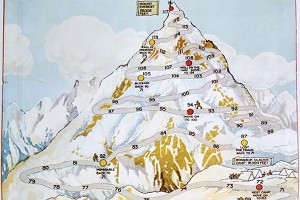
In August of this year regular UKH contributor John Burns performed his one-man play about Everest climber George Mallory at the Edinburgh Fringe. Mallory - Beyond Everest explores the real man behind the glorified legend. John, who will be taking the play to other venues in 2015, tells us about his fascination with the story, and what it's like playing Mallory.
Everest continues to fascinate us. Mallory and Irvine’s tragic loss on the mountain in 1924 is an event which transcends mountaineering and has left us with one of the greatest, if not the greatest, mysteries of world exploration. We will probably never know if Mallory and his companion were the first human beings to reach the highest summit on earth but even now, ninety years later, this is a question the mountaineering world struggles to answer.
Becoming a man like Mallory is a journey. When I began I knew very little about him other than the iconic tale of his loss on Everest. Slowly, as I researched the man, a fascinating picture emerged. To me Mallory was a man of his time, a man shaped by the events he lived through and the values of his age. Mallory spent time in the trenches of the First World War and anyone who lived through such horror cannot help but be shaped by it.
"Becoming a man like Mallory is a journey. When I began I knew very little about him"
I think it is difficult for us to understand today just how significant the ascent of Everest became to the British public in the period between the two world wars. Conquering Everest became a national obsession and the weight of the nation’s hopes fell on the shoulders of this quiet English school master. Today the world’s news media would have been camped at the foot of the mountain with film of the events on the mountain beamed instantly around the world; then news trickled back in coded telegrams that conveyed news of events in the briefest of sentences.
I’ve no doubt that Mallory had a burning ambition to be the first man to climb Everest but, much more than that, I think he felt an enormous sense of duty and was very conscious that he carried with him the ambition of the whole country. He was the nation's champion and I don’t think he would have hesitated to sacrifice his life in order to achieve his goal.
In performing the play I wanted not only to show the public face of the man but also to look at the more intimate side of him, to show something of his family life and, crucially, to explore his relationship with his wife Ruth. We don’t know much about Ruth; Mallory’s letters were preserved but her correspondence has been lost. Being the “little woman at home” can’t have been easy for her. She had waited for him whilst he was in the trenches only to find that she had endure other long absences while he placed himself in enormous danger and, ultimately, never returned.
"Conquering Everest became a national obsession and the weight of the nation’s hopes fell on the shoulders of this quiet English school master"
At some level everyone who climbs or walks in the mountains is making a similar choice to Mallory, we all place ourselves at risk and I wanted to say something in the play about the nature of that risk and cost to those around us. But I can only stand in awe of the challenges that Mallory faced. Never again will any human being stand in the face of such an enemy as Everest was in 1924. The hardships Mallory and his team endured, the primitive equipment they used and, perhaps more than anything else, the fact that they were stepping into the unknown, make those early expeditions incredible feats of courage and endurance. Better equipment and greater understanding of high altitude climbing, have brought the greatest peaks on earth within our grasp with far less danger.
I've been overwhelmed by people's response to the play. I wrote it with a mountaineering audience in mind and many folk who have come to see it already know a little about Malloy’s story. However some still seem surprised to learn that, prior to 1924, he had made two previous attempts on the mountain. If people are moved by my take on Mallory that must, I think, be down to my attempt to show the family man behind the hero. This makes him much more human and perhaps vulnerable.
John Burns is seeking sponsorship to help take the play to small theatres and Mountain Festivals throughout the UK.
'I want to take theatre to a new audience' he says. 'People are used to seeing films and lectures at Mountain Festivals but drama is completely new.'
Mallory - Beyond Everest features in an Everest double bill at the Buxton Arts Centre on the 24th Jan along with a screening of the BFI film Epic of Everest that includes restored footage of the 1924 expedition.
It's also coming up as part of the Play Pieces lunchtime theatre series in Elgin and Inverness on the 6th and 7th Feb.
You can follow Mallory - Beyond Everest on Facebook
- OPINION: It's The End of An Era For Cairngorm Bothies - And The Start of a New One 22 Oct, 2023
- OPINION: The Hot Tent - the opposite of fast, light, and miserable 2 Nov, 2022
- PODCAST: Lyme Disease - What You Need to Know 12 May, 2022
- Desert Island Peaks: John Burns 14 Jan, 2021
- 10 Tips For a Winter Bothy Night 20 Dec, 2019
- Eight Things They Never Told You About Mountain Navigation 2 Aug, 2018
- OPINION: Are Bothies Being Commercialised to Death? 19 Mar, 2018
- Ten Things They Never Told You About Hillwalking 16 Nov, 2017
- 40 Years On The Pennine Way 21 Sep, 2017
- GEAR NEWS: The Last Hillwalker, by John Burns 22 Aug, 2017



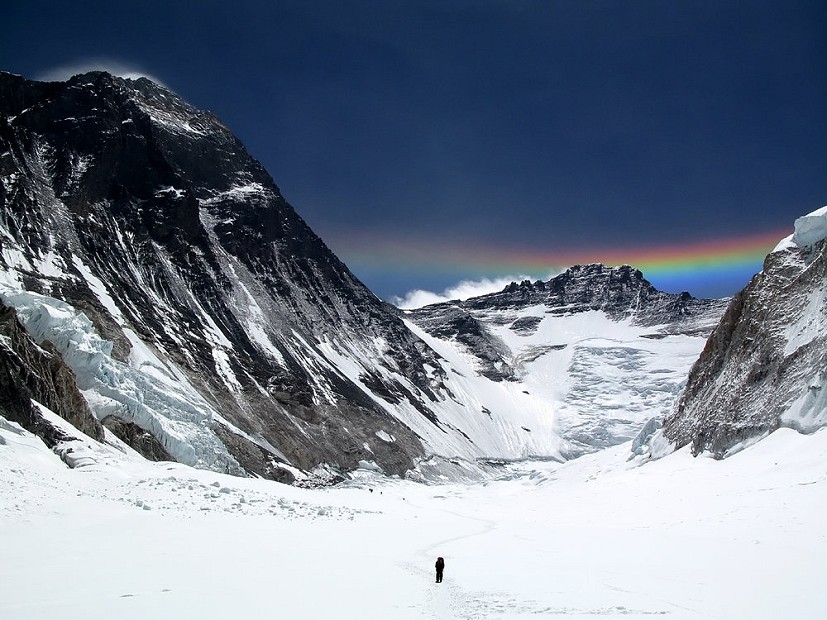
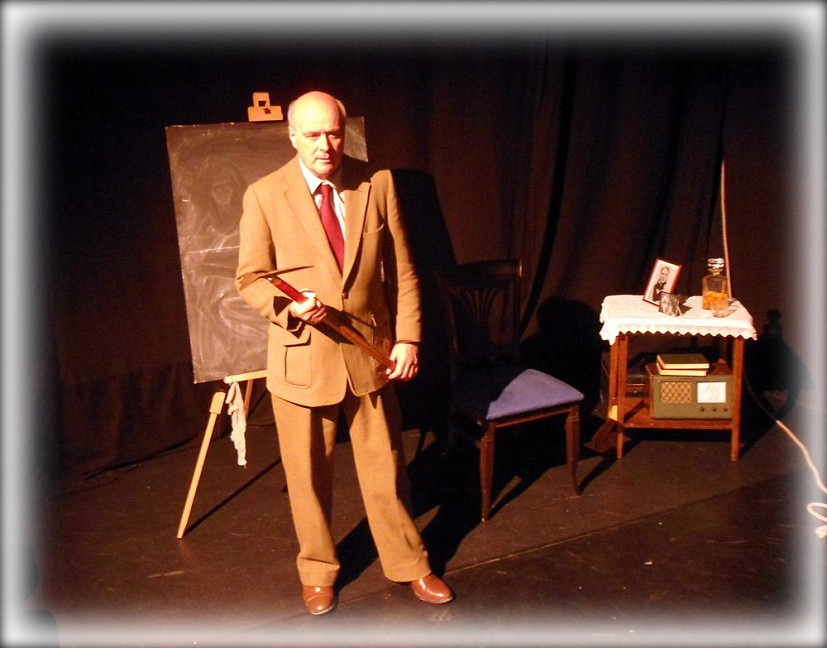
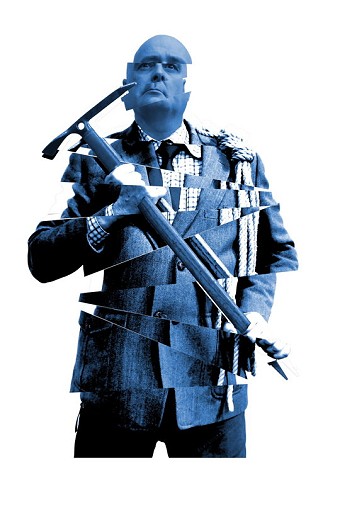

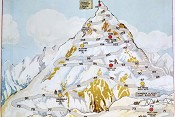
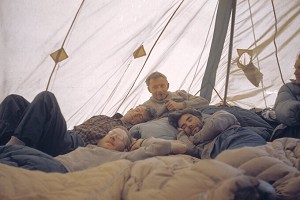







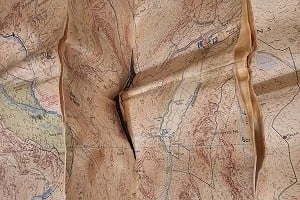

Comments